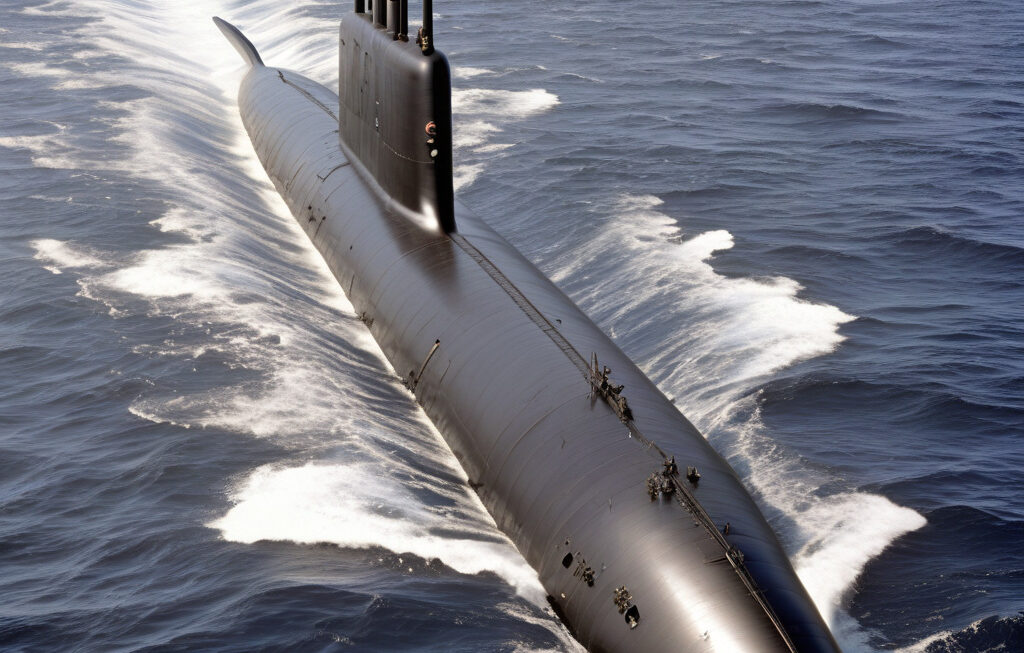Taiwan Plans US-Backed ‘Defense Wall’ to Hunt Chinese Jets and Missiles at 50,000 Feet
Taiwan is preparing to build what could be described as an “air defense wall” across its mountainous spine. This ambitious project aims to enhance the island’s defense capabilities against potential threats from China. With US backing, Taiwan is set to deploy a comprehensive air defense network that could track and intercept Chinese jets and missiles flying at altitudes of up to 50,000 feet.
The proposed defense system will consist of a series of radars, missile sites, and other infrastructure strategically positioned along Taiwan’s central mountain range. This geographically advantageous location will provide an ideal vantage point to detect and neutralize any airborne threats approaching the island.
The decision to establish this air defense wall comes at a time of escalating tensions between Taiwan and China. Beijing has significantly increased its military activities near the island, conducting frequent air and naval drills in the region. In response, Taiwan has been bolstering its defenses and seeking international support to counter the growing Chinese assertiveness.
The collaboration with the United States on this defense initiative is a clear indication of Taiwan’s strategic alignment with Western powers. By leveraging US military expertise and technology, Taiwan aims to enhance its deterrence capabilities and signal its resolve to defend its sovereignty.
In recent years, China has been rapidly modernizing its military and expanding its presence in the Indo-Pacific region. The Chinese military’s growing capabilities pose a significant challenge to Taiwan’s security and stability. In this context, Taiwan’s decision to build an air defense wall reflects its proactive approach to addressing evolving security threats.
The deployment of advanced radar systems and surface-to-air missiles along Taiwan’s mountainous terrain will create a formidable barrier against potential aerial intrusions. By establishing a multi-layered defense network, Taiwan seeks to close any gaps in its existing air defense capabilities and ensure comprehensive coverage of its airspace.
Moreover, the construction of the air defense wall underscores Taiwan’s commitment to self-reliance and innovation in the field of defense. By developing indigenous defense technologies and leveraging international partnerships, Taiwan aims to build a resilient defense posture that can effectively deter and repel any external aggression.
As Taiwan moves forward with the implementation of its air defense wall project, the island is sending a clear message to Beijing that it is determined to defend its sovereignty and protect its national interests. The collaboration with the United States not only enhances Taiwan’s defense capabilities but also strengthens the strategic partnership between the two allies in the face of shared security challenges.
In conclusion, Taiwan’s plans to establish a US-backed air defense wall reflect a proactive and strategic approach to enhancing its defense capabilities amid growing regional uncertainties. By investing in cutting-edge defense technologies and forging international partnerships, Taiwan is fortifying its resilience against potential threats and safeguarding its sovereignty in an ever-changing security landscape.
Taiwan, US, Air Defense, China, Security.












